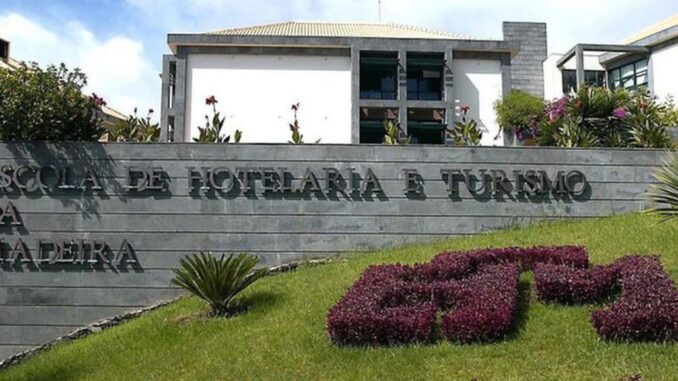
The Prime Minister of Sao Tome has referred to the Portuguese authorities for clarification on the case of students from his country at the Escola Profissional de Hotelaria e Turismo who reported cases of discrimination, but declined to classify the situation as slavery.
‘‘We are monitoring and we are sure that Portugal is a country, is a rule of law, and if something happened the Portuguese instances will know in the first place how to deal with the situation,” said Patrice Trovoada, when asked by journalists about the information advanced by the Diário de Notícias of Madeira on Friday about cases of threat, discrimination and “slavery”, reported by students and staff of that school.
“I don’t want to talk about students in slavery. People have excessive words. We are first listening to everyone. We have protocols with Portugal and if it is a situation that happens in Portugal, it is up to the Portuguese authorities first of all to deal with that situation,” said the Sao Tomean Prime Minister, saying he does not want to “have excessive words on one side as on the other.”
Patrice Trovoada stressed that the São Tomense embassy in Portugal owes “protocol support to all the São Tomense who are in Portugal and not only”, and that the São Tomense Ministry of Education “is also looking into the matter”, but advises to let “this event” be “clarified by the Portuguese authorities”.
The Government of Madeira forwarded to the Regional Inspectorate of Education a statement on the students of San Tomean Professional School of Hospitality and Tourism who reported cases of discrimination, so that the case is investigated “urgently”.
The concessionaire of the School of Hospitality and Tourism of Madeira on Tuesday rejected any discriminatory practice in relation to students from Sao Tome and Principe and considered that the recent protests were instigated by a small group of students.
About 50 students from Sao Tome and Principe demonstrated on Monday in front of the Professional School of Hospitality and Tourism of Madeira (EPHTM), in Funchal, claiming to be victims of discrimination and overloading hours and complaining of poor housing conditions.
